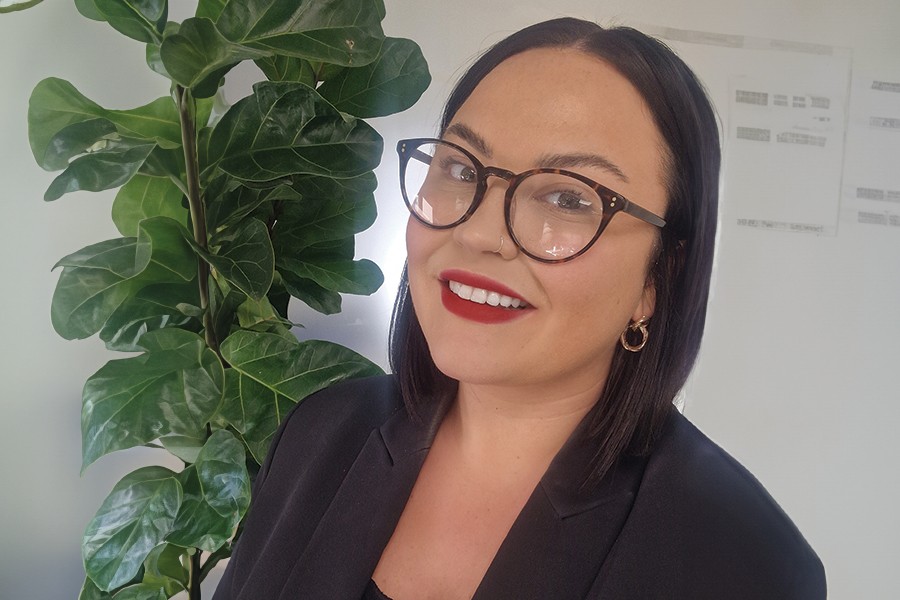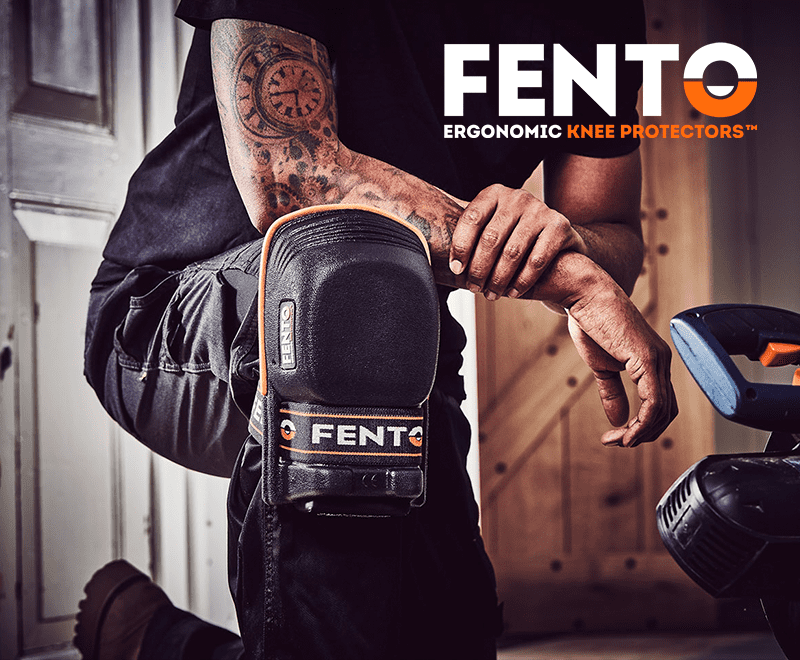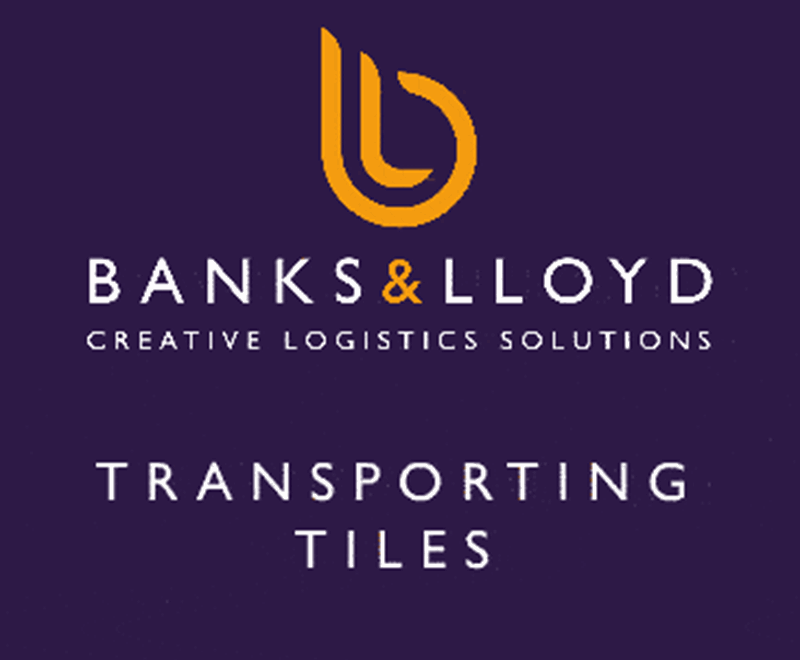This month, Hannah Wowk, quality and sustainability manager for Kerakoll’s UK subsidiary, looks at how we can make our ways of working and the places where we work more sustainable.
We recently hosted an internal staff event, the Kerakoll UK Convention 2024. To make sure that we were practising what we preached, we wanted to ensure the event was as sustainable as we could possibly make it.
Everything from the venue and location to the way it was organised was closely scrutinised. The planning meetings were held by video, the attendees used shared means of transport to get to and from the event, we reused existing props, handed out reusable merchandise and sourced local suppliers. The evening ended in the “Kerakoll People Awards” for which the prizes were a donation to tree planting schemes across the UK, rather than disposable gifts. All of this meant that the event was reported to be 88% sustainable overall, as well as being a great success with the colleagues who attended.
Likewise, when you are thinking about how to make the business more sustainable, don’t forget to consider the building itself. If you are building from scratch make sure that you look at ways of using renewable energy sources and finding solutions that use natural resources for heating and cooling. For example, the Kerakoll GreenLab, the Group’s research and development facility in Italy, produces its own energy, collects and naturally filters rainwater, streams natural light and guarantees the highest levels of indoor air quality leading to better staff well-being. Even if you don’t have the luxury of a purpose-built facility, you can identify ways of reducing consumption such as changing to LED bulbs, fitting heating and lighting systems with sensors that turn on only when there are people present or are potentially on timers for certain times to reduce consumption.
Waste production is inevitable but can be reduced. It helps to understand where the waste is coming from, so that you can look at ways to avoid it. This might be as simple as going digital to avoid unnecessary paper and ink waste, or even opportunities to reuse waste that has a secondary purpose. Where waste is inevitable, work with waste service providers that can help either recover recyclable elements into new products, or guarantee responsible disposal.
Becoming a sustainable business takes a lot of time and effort, and you need to be transparent and accountable in everything you do. Greenwashing is too prevalent and is quicky seen through these days so start by identifying where you can make small changes, consider the benefits as well as any risks and understand the long-term value that the changes will provide for everyone: the business, the people and the environment.
www.kerakoll.com/en








